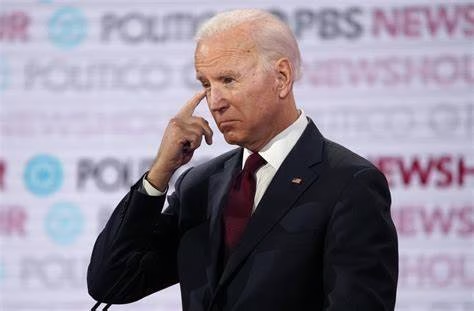Steve Forbes recently praised the Supreme Court for overturning the 1984 Chevron v. Natural Resources Defense Council decision, calling it a “momentous blow for the Constitution and individual liberty.” He explains that the Chevron decision had dangerously expanded government agencies’ powers, allowing them to create rules and regulations without congressional approval. This deference meant courts had to defer to agencies’ interpretations of ambiguous laws, which Forbes describes as a “license for bureaucracies to invent their own authority.”
Forbes criticizes the Chevron deference for undermining the separation of powers outlined in the Constitution. He argues that it led to “egregious abuses,” such as regulators defining navigable waters to include minor bodies of water like ponds and creeks, making it difficult for individuals to challenge government overreach. He emphasizes that Article 3 of the Constitution empowers courts, not agencies, to interpret laws, and the Chevron decision undermined this principle.
Forbes highlights the significant economic impact of unchecked regulatory power, stating that regulators now cost the economy over $3.5 trillion annually. He accuses Congress of shirking its responsibilities by passing ambiguous bills and letting agencies handle controversial issues, thus “passing the buck and undermining the Constitution.”
Addressing defenders of Chevron, Forbes dismisses the notion that overturning it would harm regulations concerning health, the environment, and safety, calling such claims “nonsense.” He underscores the difference between agency expertise in specific areas and interpreting laws, which is the courts’ responsibility.
Chief Justice John Roberts, Forbes notes, clarified that specific decisions based on Chevron are not automatically undone but must be challenged. Forbes stresses the importance of the upcoming election, questioning whether the current president will continue to act dictatorially despite Supreme Court rulings. He cites the ongoing controversy over President Biden’s student debt cancellation as an example.
Forbes concludes by expressing hope for a president who isn’t Biden, and who respects court rulings and upholds constitutional principles, emphasizing the significance of the Supreme Court’s decision to overturn Chevron.
